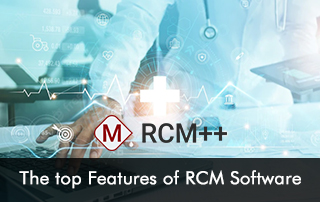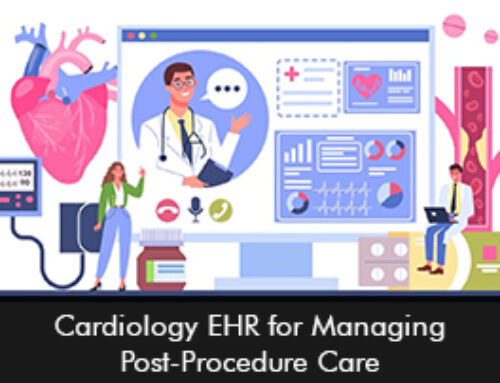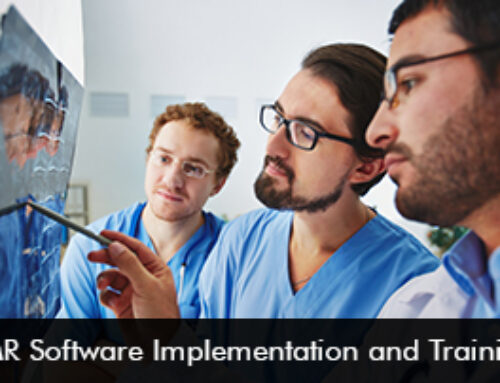Since the COVID-19 pandemic healthcare organizations have been financially hit. To gain better control over the flow of revenue and enhance the financial health of a practice, a robust Revenue Cycle Management (RCM) Software system must be deployed.
What a Revenue Cycle Management Software?
RCM solutions are designed to help providers manage their revenue cycle effectively and efficiently. The software system helps to automate tasks related to billing and collections this also reduces errors associated with manual entry mistakes.
Benefits of using a Revenue Cycle Management (RCM) solution?
With the help of the RCM software, medical practices can streamline their billing tasks and ensure they get paid faster, and also reduce the number of denials. The following advantages can be realized,
- The software system automates the process of submitting medical claims, this can result in time savings.
- Accelerates the collection process.
- Reduction in the number of denials.
- Streamlined billing processes improve overall efficiency.
Vital Features to look in a Revenue Cycle Management Software
Healthcare organizations are advised to look for the following capabilities and tools in RCM software. These features are important for both smaller practices and large hospitals.
- Cloud-based software solution – When implementing a healthcare revenue cycle management software always consider the cloud-based option. Cloud-based RCM software frees the IT department since they don’t have to predict how much space will be required to access the RCM data. Another benefit of opting for the cloud solution is that healthcare organizations can easily access archived data if there’s an issue with the computer system. This way patient information is safe even after computer hackers take over the network with malware. Cloud-based option offers improved protection due to secure online backups.
- Offer complete training – It can be beneficial if the Revenue Cycle Management providers offer training related to denial management on using the software for any functions the practice wants to perform.
- Checking eligibility – Verifying patient eligibility can consume a lot of time for your staff members. A good RCM Software will help with eligibility inquiries and manage online data transactions.
- Claim tracking and correction – At times employees can make a mistake by a typo or adding the incorrect code for the bill. The powerful revenue cycle management software can track submitted claims in real-time and detect problems to resubmit denied claims.
- KPIs and reports – A top-ranked RCM software system will generate reports to offer financial insights as to how the organization is accomplishing its financial goals. Revenue cycle management tools can also track key performance indicators.







